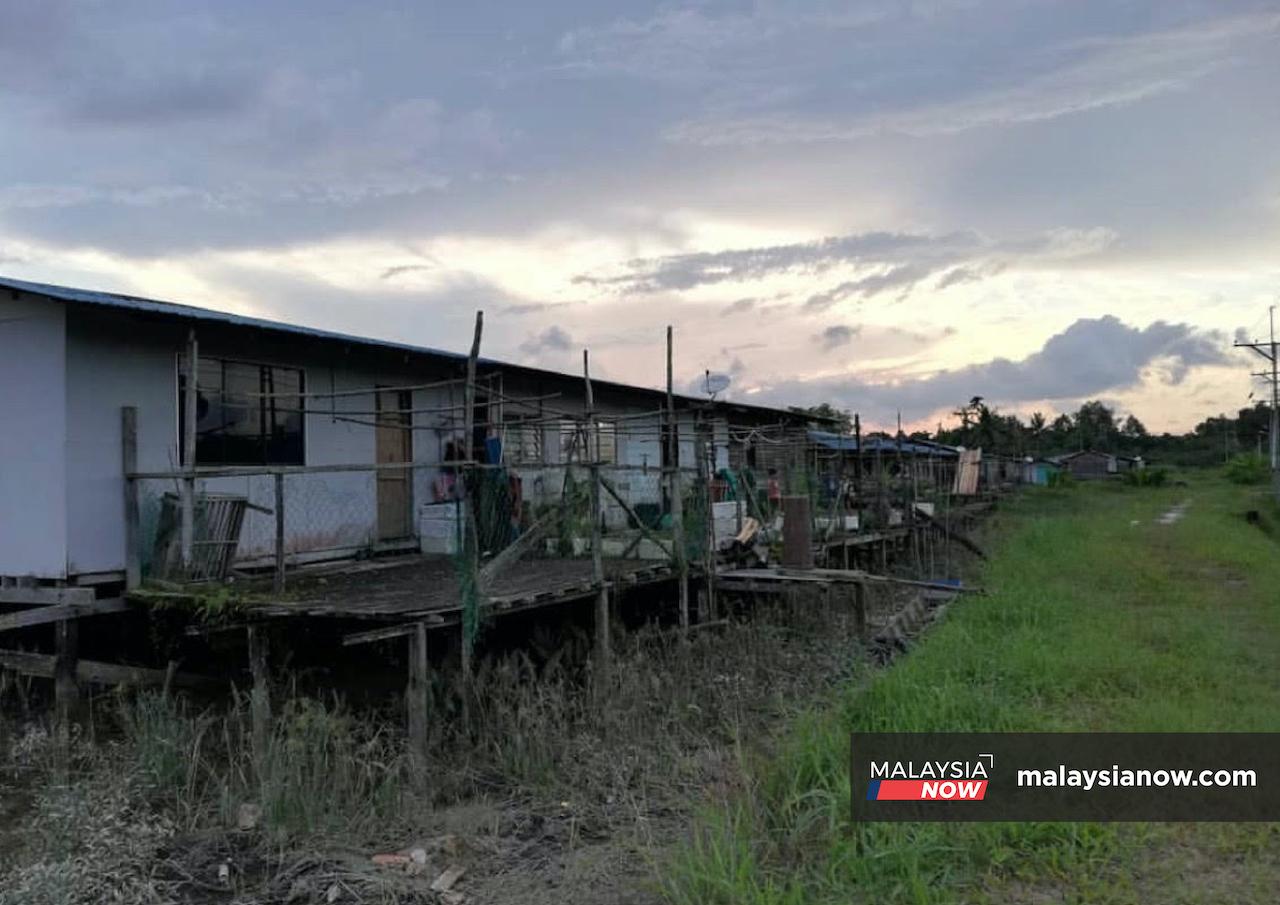Never mind rights, we just want jobs, say Sarawak’s rural youth
Many have been forced to migrate from their villages in the hope of finding jobs in town.
Just In
Pinky Sandom moved from her village in rural Maradong to the town of Sarikei in Sarawak about a year ago.
Like many young Sarawakians, she made the move in the hope of finding a job, in this case to help her father back home.
The 26-year-old arrived in Sarikei just a few days after the movement control order was lifted, allowing some semblance of life to trickle back into the social and economic sectors.
But even so, job opportunities were few and far in between.
Eventually Pinky managed to find work as a sales assistant in town. For months, she has been doing shift work – sometimes in the morning and sometimes in the evening until late at night.
Each day, she walks to the retail shop about 2km from where she stays. If she works the night shift, she doesn’t go home until late, usually about 11pm.
For eight hours of such work each day, she receives around RM1,100 a month depending on how much overtime she does.
This is not the life the degree-holder dreamt of, but she knows she has little other choice.
No matter how tough life in town is, Pinky never entertains the thought of going back to her longhouse. There, she knows, things will be even harder.
Travelling daily back and forth from town, some 17km away from her longhouse, is not an option either. The road, riddled with potholes, is pitch black at night as there are no streetlights.
Making the trip by boat is possible but this, too, would depend on weather conditions.
“I rent a room in town because it’s easier to get to work,” Pinky told MalaysiaNow.
This eats up RM450 of her salary every month.
Pinky’s story is a common tale among young Sarawakians who migrate to town in search of a better job. For them, bread-and-butter issues such as cost of living, employment and income trump most other concerns.
Over the years, Sarawak has seen tremendous development in the construction of rural roads. From 2016 to 2020 alone, 795km worth of roads in remote areas were built and upgraded.
But even with the rapid pace of development, many are still forced to make their way through muddy, uneven roads. Often, travel by boat is the only way to reach communities living in remote locations.
With the 12th Sarawak election fast approaching, many candidates have pledged to further development in the state and to tend to the needs of those in rural areas.
But for now, rural Sarawak remains a challenge thanks to the sparse population, difficult geographical terrain and poor accessibility to project sites.
For Pinky, this was the hardest part of living outside the city.
“What the people need now is the basic infrastructure in rural areas,” she said.
“Young people are in desperate need of jobs, especially those who come from rural, low-income households.
“We don’t care about whatever rights the politicians are talking about,” she added.
“What we want is to improve our livelihoods.”
Subscribe to our newsletter
To be updated with all the latest news and analyses daily.
